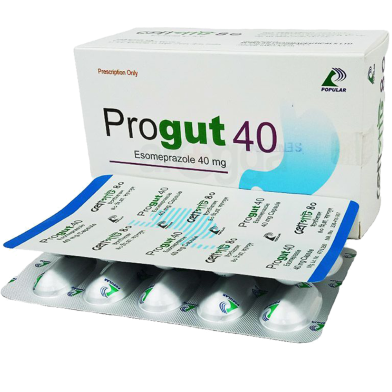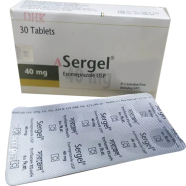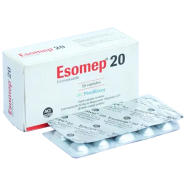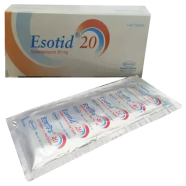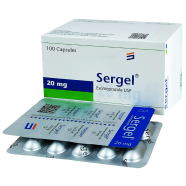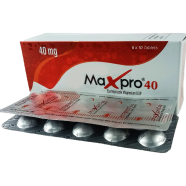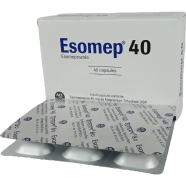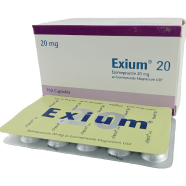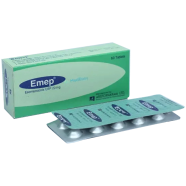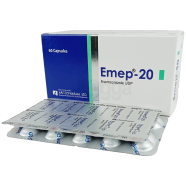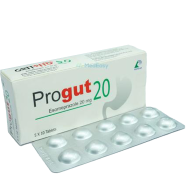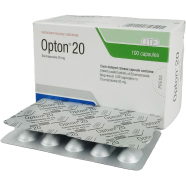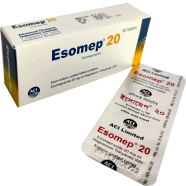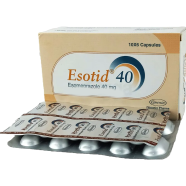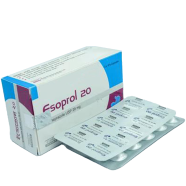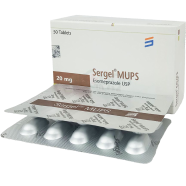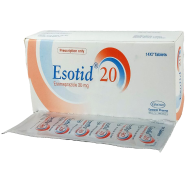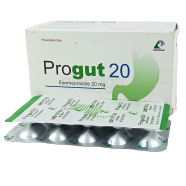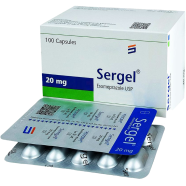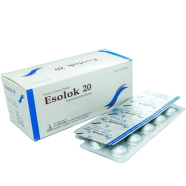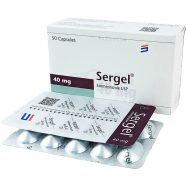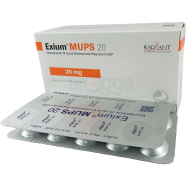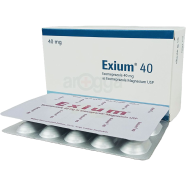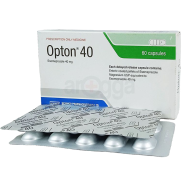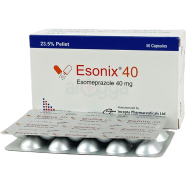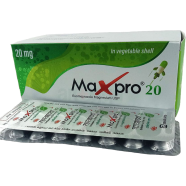CYP2C19 and CYP3A4 substantially metabolize esomeprazole in the liver. Studies conducted both in vivo and in vitro have demonstrated that esomeprazole is unlikely to inhibit the CYPs 1A2, 2A6, 2C9, 2D6, 2E1, and 3A4. There shouldn't be any clinically significant interactions with medications that these CYP enzymes process. According to studies on drug interactions, esomeprazole does not interact clinically with phenytoin, warfarin, quinidine, clarithromycin, or amoxicillin. The main enzyme that metabolizes esomeprazole, CYP2C19, may be affected by esomeprazole. Diazepam's clearance was reduced by 45percent when Esomeprazole 30 mg and diazepam, a CYP2C19 substrate, were taken together. Diazepam plasma levels have been seen to rise 12 hours after dosage and beyond. Esomeprazole reduces the production of stomach acid. As a result, esomeprazole may hinder the absorption of medications whose bioavailability is significantly influenced by gastrointestinal pH. (e.g., ketoconazole, iron salts and digoxin). The pharmacokinetic profile of esomeprazole does not appear to be altered by the co-administration of oral contraceptives, diazepam, phenytoin, or quinidine. Esomeprazole and 14-hydroxy clarithromycin plasma levels have increased as a result of co-administration with clarithromycin, amoxicillin, and other medications.
![]()





 Hello, Sign in
Hello, Sign in 
 Cart
Cart 
